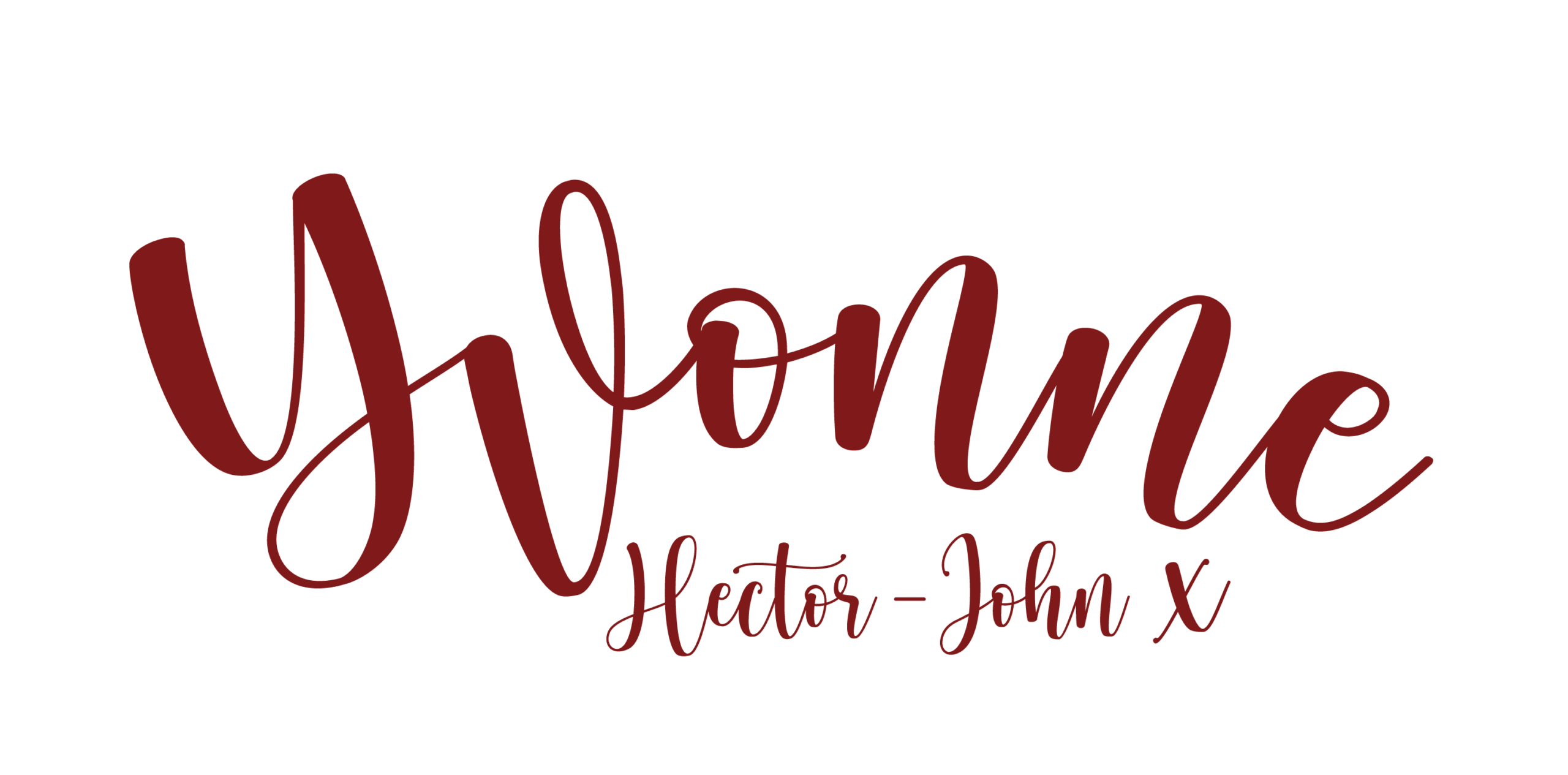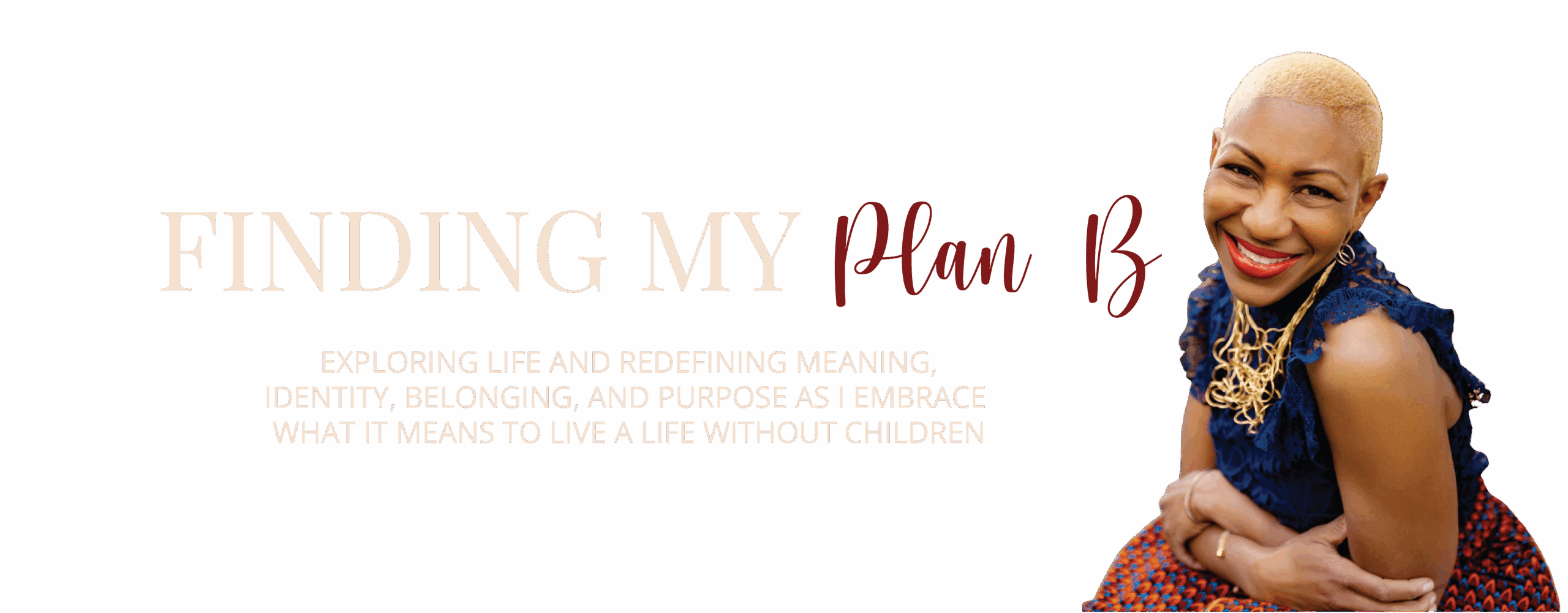October draws to a close, and with it, another Black History Month. Across the country, workplaces, schools, and communities have been celebrating Black excellence, resilience, and joy. There’s power in the visibility, the acknowledgment, the reminder that we have always been here.
But as the banners come down and the hashtags fade, I find myself asking: what remains?
Because the truth is, Black history doesn’t live in a single month. It lives in our bodies, our memories, and our daily acts of survival. It lives in the choices we make and sometimes in the choices taken from us.
Rooted in Her Story
When I speak of history, I don’t only mean the grand narratives of the abolitionists, the inventors, the freedom fighters. I also mean the quieter stories: women like my ancestors, who carried life and loss in equal measure. Women whose worth was defined by how much they could endure, not how much they could dream.
As a Black woman living without children, my relationship to legacy is different. I don’t pass down a lineage through blood, I carry it through voice. Through truth-telling. Through the stories I choose to name.
For centuries, our bodies have been controlled, silenced, medicalised, and judged. From the forced breeding of enslaved women to the racial disparities in gynaecological care today, the thread of control continues. And yet we thrive. We speak. We reclaim.
That, too, is Black history.
Beyond Celebration: Confronting the Gaps
Black History Month invites us to celebrate but also to confront.
To confront the uncomfortable truth that Black women in the UK are four times more likely to die during childbirth.
To confront the racial disparities in fertility treatment, the dismissal of pain, and the invisibility of those who live without children not by choice.
To confront how systems still decide whose motherhood is valued and whose is erased.
When we say Black lives matter, we must also mean Black wombs, Black grief, and Black healing matter too.
Belonging Beyond Motherhood
Childlessness, especially within our communities, can feel like a fracture, an identity without language. We are taught that womanhood equals motherhood; that our worth is tied to our ability to nurture others.
But my story, and the stories of countless women like me, challenge that.
We nurture in other ways, through art, activism, mentorship, community. We are cultural mothers, truth-tellers, bridge-builders.
To my sisters walking this path: you are not less. You are legacy. You are continuation. You are the story unfolding in real time.
To Allies and Organisations: The Real Work
If you’ve celebrated Black History Month in your workplace thank you. But celebration without transformation is not enough.
Ask yourself:
- How are you amplifying Black women’s voices when the spotlight dims?
- How are you addressing racial and reproductive injustice not just in statements, but in systems?
- How are you ensuring that Black women, with and without children, are seen as whole?
Yes, representation matters and the redistribution of power matters more.
Listening matters. But believing matters even more.
Our Story Continues
As October ends, I want to leave you with this thought:
Black history is not a performance, it’s a pulse.
Black womanhood is not a category, it’s a continuum.
And our stories, even when they are stories of loss, are still stories of life.
I carry my ancestors in my silence and in my speech. I honour the women who came before me by refusing to be quiet now.
So as the month closes, let’s move beyond celebration into commitment.
Let’s build a world where Black women, mothers or not, are seen, valued, and remembered.
Let’s make belonging our daily practice.
Because when the month ends, our work truly begins.





Recent Comments